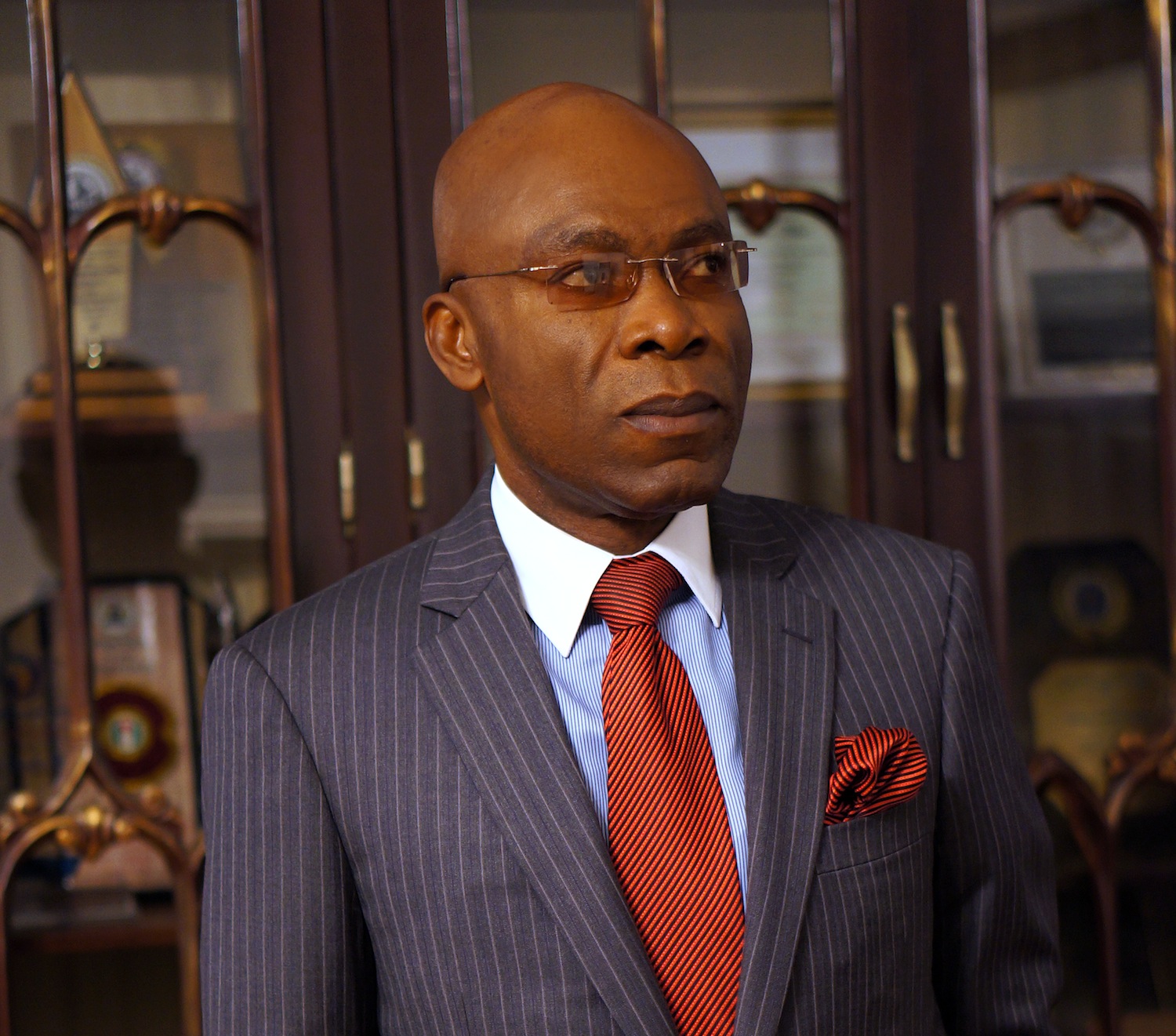DELTA: $16b Project at the Mercy of Ethnic Warlords
That the proposed $16 billion Export Processing Zone (EPZ) project in Delta State would flare up ethnic tempers between the Itsekiri and Ijaw was inevitable. JOE OGBODU examines the events that led to the botched groundbreaking of the controversial mega project. THE GENESIS Bickering over who should call the shots on local content brought into the open the simmering conflict between the Chief Ayiri Emami faction of the Ugborodo Community Trust and Hon.David Tonweled wing. This cold war in the ‘armed’ struggle between these rival groups had split the Itsekiri nationality down the middle. Bewildered Itsekiri elite can hardly believe the cruel turn of their fate. Those in the David Tonwe wing stuck to their guns that the Ayiri Emami faction had desecrated the land and needed to appease the gods before the latter faction, whose members were sacked from the communities during previous skirmishes, would be allowed home. But the law abhors that no individual should be forced to stay away from his ancestral home because of traditional beliefs.
The issues, however, had been simmering for a long time because of the interests involved. The Delta State Governor, Dr Emmanuel Uduaghan waded in because the project was key to his Delta Beyond Oil initiative, which would galvanise the state’s economy, the South-South region and the industrial base of the entire country. Thus, he set up a committee to reconcile the factions. A peace deal was struck after the committee, alongside the key actors, met at the Naval Headquarters in Abuja. At the meeting were prominent lawyers, Festus Keyomo for the Ayiri/Chief Thomas Eriyitome faction and Chief Efe Akpofure on the Tonwe side. They did not agree to a collective deal with the Commanding Officer, Nigerian Navy Ship, NNS Delta, Commodore Musa Gemu, who anchored the peace initiative. Gemu and the committee set up by Uduaghan, held several peace meetings on NNS Delta in Warri. At each meeting, the key players came up with peace deals but reneged on the execution.
The smooth return of the over 1000 Internally Displaced Persons (IDPs), sent into exile from the Ayiri and Thomas camps, became the crux of the matter. Gemu issued an ultimatum to the concerned groups to put their house in order and allow peace to reign, but none of the camps was ready to shift ground. At a time, Tonwe and Ayiri factions met with the governor and agreed to a ceasefire. The media was agog with the news that the factions in Ugborodo had fused into one indivisible group. However, one of the factions attacked the other and hostilities resumed.
Uduaghan has always been perceived by the Tonwe faction as being biased towards the Ayiri camp which had support at the federal level and was feted by the Gbaramatu Ijaws, who couldn’t forgive Uduaghan and Ayiri for the deep wounds inflicted on them during the war. ENTER IJAW FURORE The alleged sidelining of the Ijaw in the Escravos Gas to Liquid (EGTL) project was still fresh, although, the Itsekiri alleged that the Ijaw were involved in the EGTL project. For the Federal Government, led by their kinsman, President Goodluck Jonathan, to sanction another regime of multibillion dollar largesse for the Itsekiri at their expense, was surely not going to be allowed to happen by the Ijaw.
The intra-Ugborodo community crisis soon became an inter-ethnic grumbling. The Ijaw of Gbaramatu suddenly realised the mega nature of the project and agitated for equal stakes in the project with the Itsekiri. First, the Federated Niger Delta Ijaw Communities (FNDIC) which midwifed the release of foreign hostages seized by outlawed Movement for the Emancipation of the Niger Delta (MEND) in 2006, decried the alleged sidelining of its ethnic nationality, citing the case of Kpokpo/Okpeleama, both Ijaw communities which were said to be less than 335.554 hectares of land but situated on the Escravos EPZ land. Even before the cancellation of the groundbreaking ceremony, owing to the browbeating of the President by an influential and former militant warlord, Chief Government Ekpemuopolo (a.k.a Tompolo); a chieftain of the FNDIC, Oboko Bello had warned that it could be counter-productive if the vexed issues were not addressed before the project was flagged off.
Oboko warned that the President’s visit to Escravos would only infuriate the ‘stakeholders’ who had complained of neglect in the execution of the project. Soon, Tompolo and his clan started their own agitation. Bello also wanted the recognition of his people of Kpokpo/ Okpeleama as stakeholders to the project, because, according to him, following the revocation of their land, his people were displaced from their local economies. For Tompolo, the EPZ project cannot solely belong to the Itsekiri, although, it is a Delta/ Federal Government initiative. For him, the Ijaw must have a stake and some of their communities were on hand to justify the agitation that their land formed part of the EPZ land mass. While Oboko Bello was crusading for recognition of his Ijaw enclave, Tompolo craved for a bigger picture — the project to bear Ogidigben/Gbaramatu as part of its names. Ogidigben is an Itsekiri enclave, which, in the original proposal, was to host the entire EPZ project. The contention of the Ijaw, however, is that the gas processing zone of the project should be named after Ogidigben, while the deep sea port which is also part of the project should be named after Gbaramatu.
The difference between the two is that Ogidigben is a community within Ugborodo- Itsekiri while Gbaramatu is a kingdom in Ijaw land. The result is that the Itsekiri, disagreed while the Ijaw refused to bend. The governor, realizing the enormity of the deadlock, smartly changed the name of the project to Delta Gas City Project and assured the President and the Petroleum Minister, Mrs. Diezani Allison- Madueke that a harmonious inter-community relationship had been negotiated and established.







